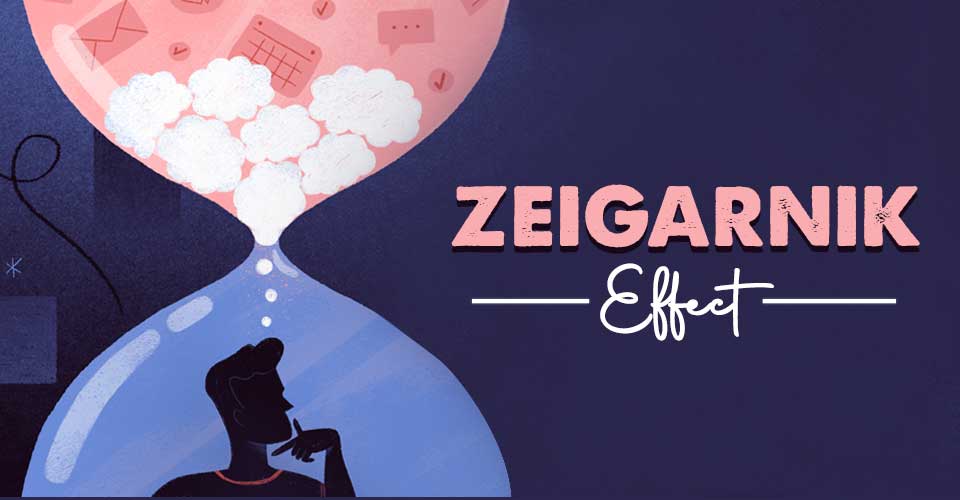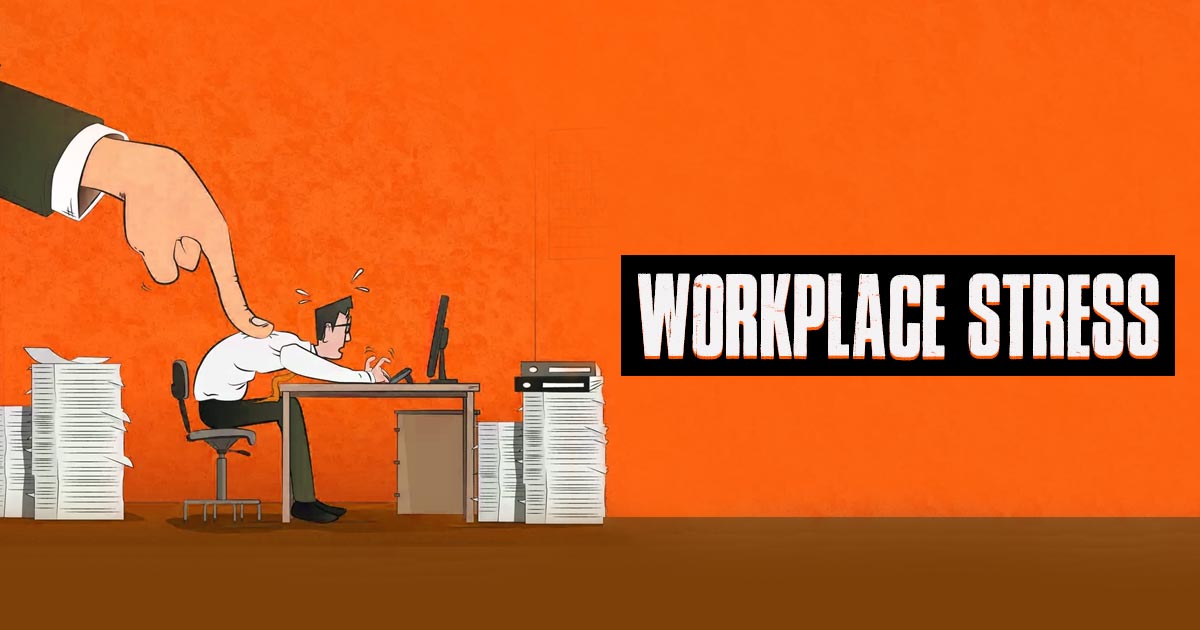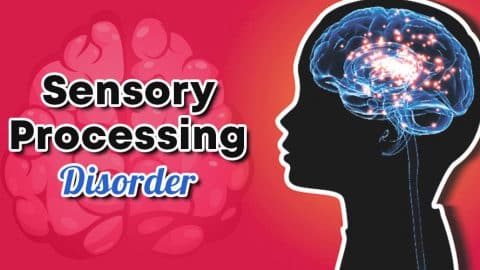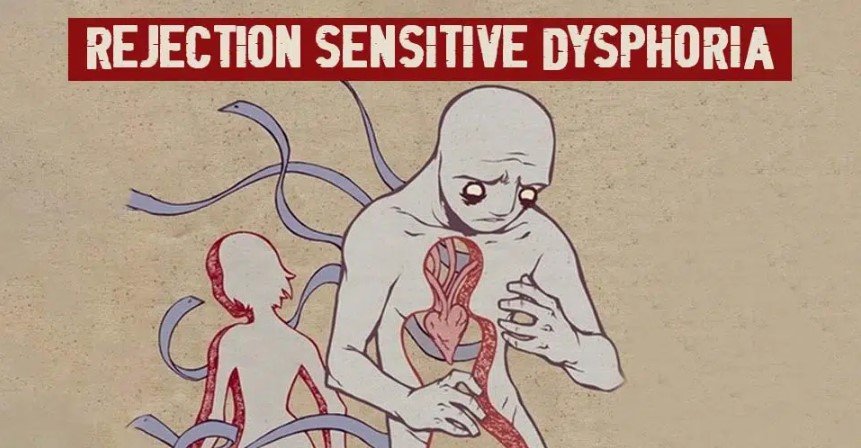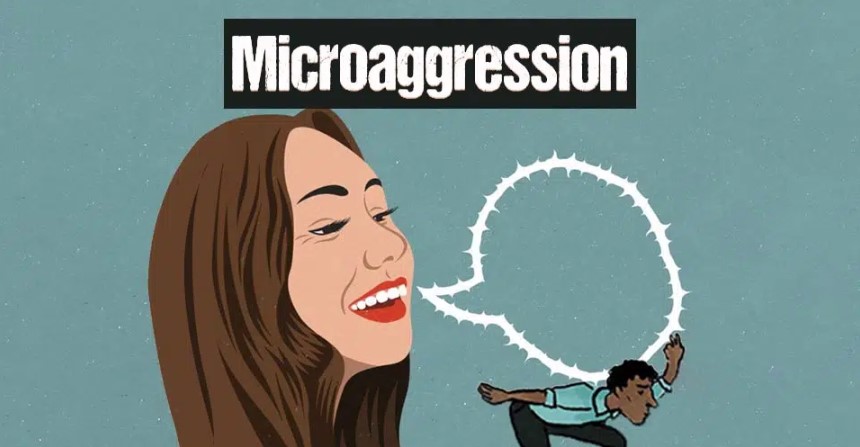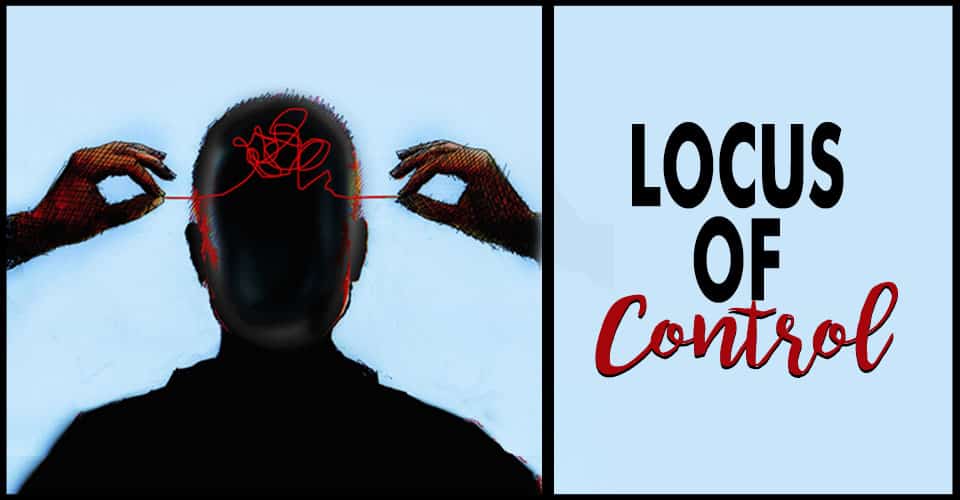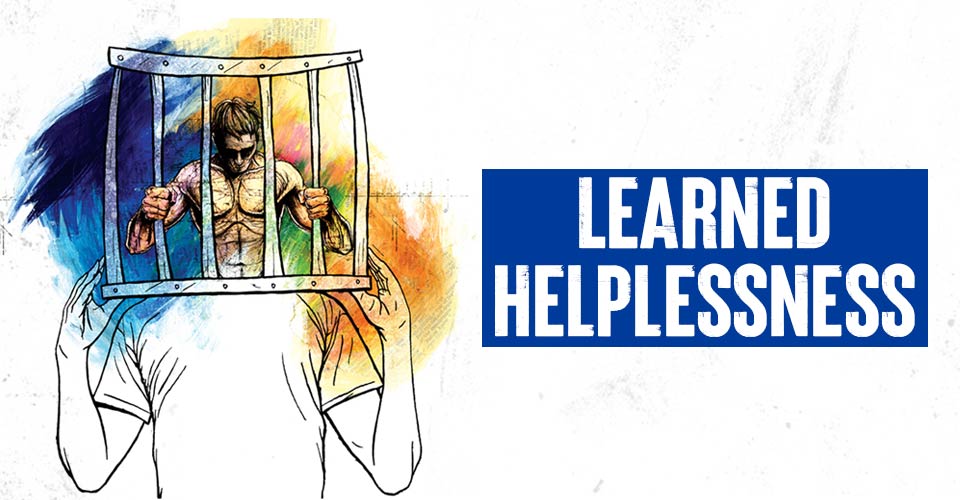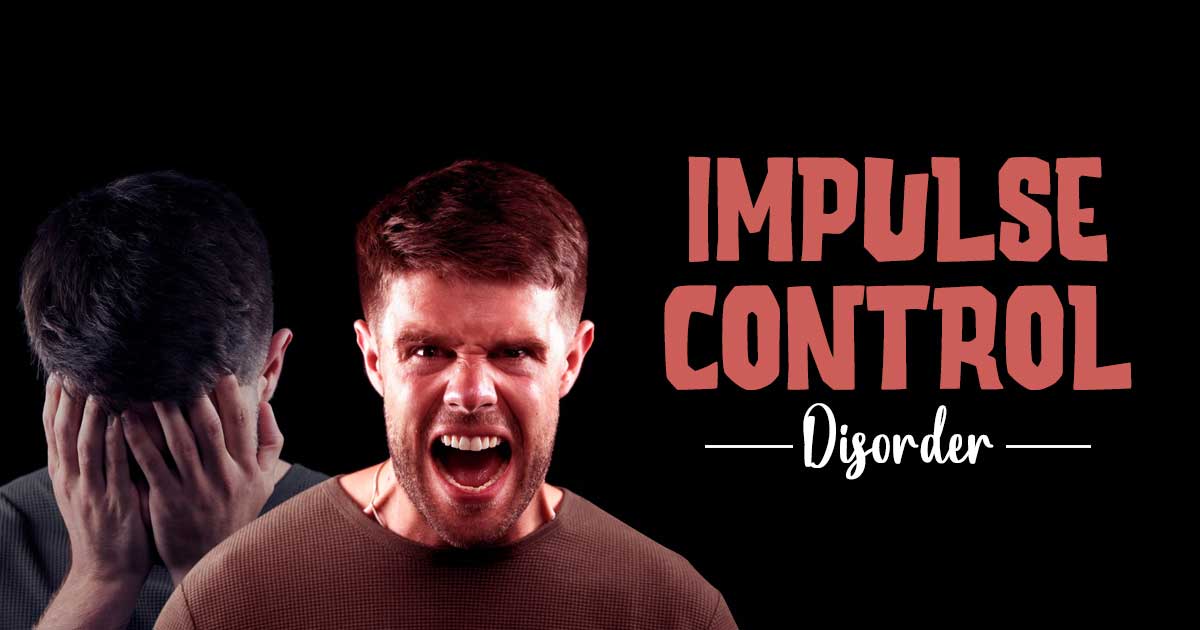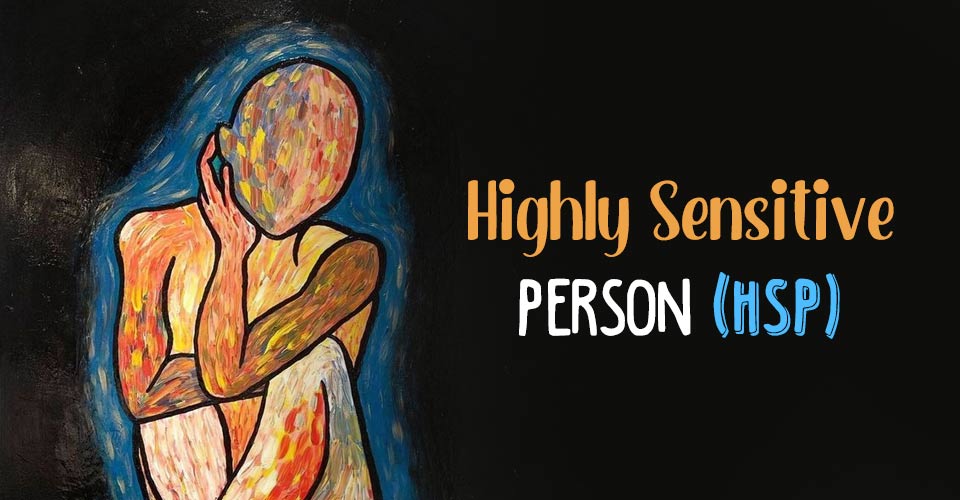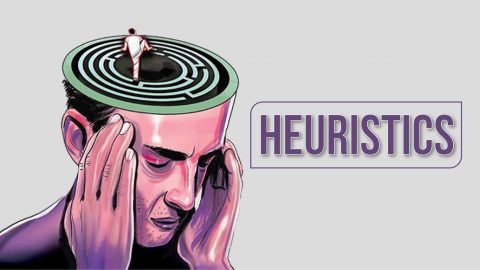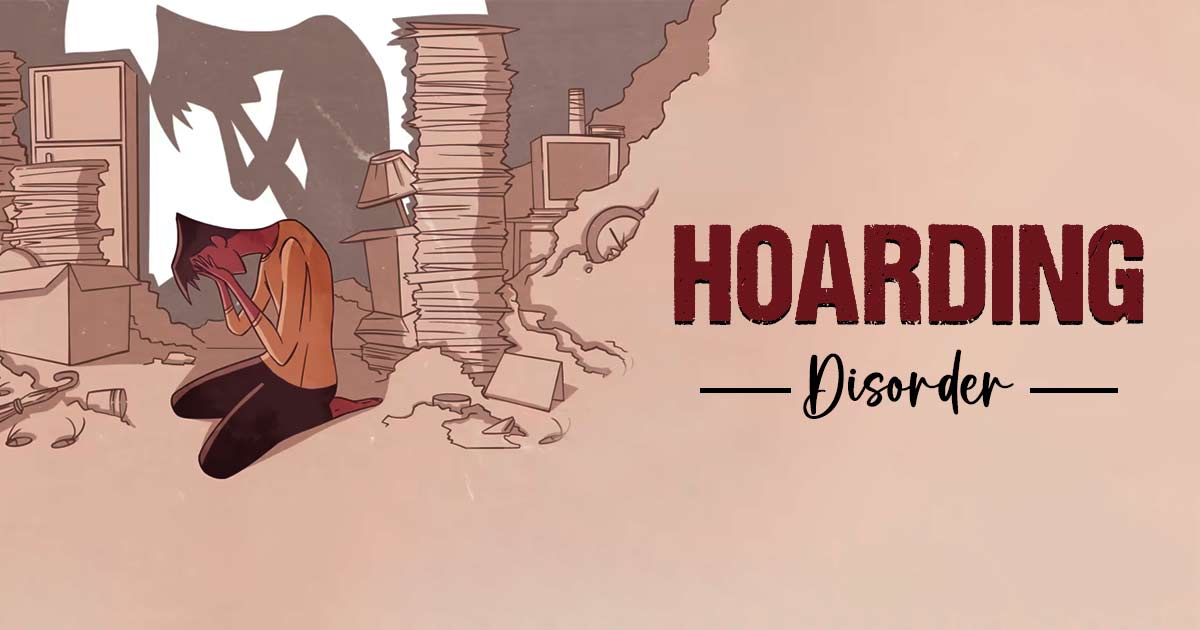Anger is a natural emotion, but it can become problematic when expressed in an unhealthy or violent manner. Thus, acquiring anger management skills can enable individuals to channel their anger constructively in a healthy manner.
Read More About Anger Here
What is Anger-management?
Anger management refers to the process of learning how to control and express anger in a productive way. It involves developing skills and strategies to identify triggers of anger, manage emotions, communicate effectively, and resolve conflicts through non-violent means.
Despite the prevalence of anger issues, a mere fraction, less than 15%, actively pursue assistance to manage them. Favorably, there are effective anger management techniques 1 Bright H. (2009). Handbook of Anger Management: Individual, Couple, Family, and Group Approaches. Primary Care Companion to The Journal of Clinical Psychiatry, 11(5), 277. https://doi.org/10.4088/PCC.09bk00821 that can be learned through therapy, counseling, or anger management programs. By reducing their levels of anger, individuals can enhance their interpersonal relationships and lead more fulfilling lives.
Why Anger-management is Required?
Anger management is required for a variety of reasons 2 Bright H. (2009). Handbook of Anger Management: Individual, Couple, Family, and Group Approaches. Primary Care Companion to The Journal of Clinical Psychiatry, 11(5), 277. https://doi.org/10.4088/PCC.09bk00821 . Here are some of the main reasons why anger management is important:
1. Physical Health
Anger can have adverse effects on a person’s physical health. When someone experiences intense or frequent anger, it can lead to conditions such as high blood pressure, and heart disease, causing negative consequences 3 Kim, A. S., Jang, M. H., Park, K. H., & Min, J. Y. (2020). Effects of Self-Efficacy, Depression, and Anger on Health-Promoting Behaviors of Korean Elderly Women with Hypertension. International journal of environmental research and public health, 17(17), 6296. https://doi.org/10.3390/ijerph17176296 over time. It is important to learn how to manage anger in a healthy way.
2. Mental Health
Uncontrolled anger can have a significant impact on a person’s mental health and well-being 4 Bahrami, E., Mazaheri, M. A., & Hasanzadeh, A. (2016). Effect of anger management education on mental health and aggression of prisoner women. Journal of education and health promotion, 5, 5. https://doi.org/10.4103/2277-9531.184563 , including difficulty in managing emotions, irritability, and constant worry. When people learn to control their emotions, they can approach situations with a clear mind and make more rational 5 Szasz, P. L., Hofmann, S. G., Heilman, R. M., & Curtiss, J. (2016). Effect of regulating anger and sadness on decision-making. Cognitive behaviour therapy, 45(6), 479–495. https://doi.org/10.1080/16506073.2016.1203354 choices.
3. Relationships
Chronic anger can damage relationships with family, friends 6 Shorey, R. C., Seavey, A. E., Quinn, E., & Cornelius, T. L. (2014). Partner-Specific Anger Management as a Mediator of the Relation between Mindfulness and Female Perpetrated Dating Violence. Psychology of violence, 4(1), 51–64. https://doi.org/10.1037/a0033658 , and coworkers. Anger management can help individuals communicate more effectively, resolve conflicts in a peaceful manner, and build stronger relationships.
Read More About Relationships Here
4. Career
Anger can also affect job performance and career prospects. People who struggle with anger may have difficulty working in teams 7 Bönigk, M., & Steffgen, G. (2013). Effects of habitual anger on employees’ behavior during organizational change. International journal of environmental research and public health, 10(12), 6215–6234. https://doi.org/10.3390/ijerph10126215 , receiving feedback, or handling stress. Anger management can help individuals improve their job performance and advance their careers.
Read More About Career Here
5. Personal Growth
Anger management can be an important part of personal growth and self-improvement 8 Hart, T., Brockway, J. A., Maiuro, R. D., Vaccaro, M., Fann, J. R., Mellick, D., Harrison-Felix, C., Barber, J., & Temkin, N. (2017). Anger Self-Management Training for Chronic Moderate to Severe Traumatic Brain Injury: Results of a Randomized Controlled Trial. The Journal of head trauma rehabilitation, 32(5), 319–331. https://doi.org/10.1097/HTR.0000000000000316 . Learning how to manage anger can help individuals become more self-aware, and develop better coping skills to achieve a greater sense of emotional balance and well-being.
Anger-management Therapy
Anger management therapy can provide many benefits 9 Hagen, I., Skjelstad, S., & Nayar, U. S. (2021). “I Just Find It Easier to Let Go of Anger”: Reflections on the Ways in Which Yoga Influences How Young People Manage Their Emotions. Frontiers in psychology, 12, 729588. https://doi.org/10.3389/fpsyg.2021.729588 to individuals who struggle with uncontrolled or excessive anger, including:
- How to identify and regulate one’s emotions in a healthy way.
- Knowing the situations that trigger one’s anger.
- Managing an individual’s stress level to reduce anger outbursts.
There are several therapies for anger management, depending on the individual’s needs and circumstances. Here are some of the common therapies used for anger management:
1. Cognitive Behavioral Therapy (CBT)
CBT is a type of therapy that focuses on identifying and changing negative thought patterns and behaviors. In anger management, CBT 10 Effect of cognitive behavioural therapy (CBT) anger management module for adolescents. (n.d.). ResearchGate. Available from: https://www.researchgate.net/publication/316214455_Effect_of_cognitive_behavioural_therapy_CBT_anger_management_module_for_adolescents can help individuals identify triggers for their anger, challenge negative thoughts, and develop healthy coping strategies.
Read More About CBT Here
2. Dialectical Behavior Therapy (DBT)
DBT is a type of therapy that emphasizes mindfulness, emotional regulation, and interpersonal effectiveness. In anger management, DBT 11 Ciesinski, N. K., Sorgi-Wilson, K. M., Cheung, J. C., Chen, E. Y., & McCloskey, M. S. (2022). The effect of dialectical behavior therapy on anger and aggressive behavior: A systematic review with meta-analysis. Behaviour research and therapy, 154, 104122. https://doi.org/10.1016/j.brat.2022.104122 can help individuals learn to regulate their emotions, communicate effectively, and manage interpersonal conflicts.
3. Acceptance and Commitment Therapy (ACT)
ACT is a type of therapy that focuses on developing psychological flexibility and acceptance 12 Sukhodolsky, D. G., Smith, S. D., McCauley, S. A., Ibrahim, K., & Piasecka, J. B. (2016). Behavioral Interventions for Anger, Irritability, and Aggression in Children and Adolescents. Journal of child and adolescent psychopharmacology, 26(1), 58–64. https://doi.org/10.1089/cap.2015.0120 of difficult emotions. When individuals accept their anger, they become more self-aware and can identify the triggers that lead to their anger outbursts.
Similarly, commitment further aids progress in managing anger over time. ACT 13 Sukhodolsky, D. G., Smith, S. D., McCauley, S. A., Ibrahim, K., & Piasecka, J. B. (2016). Behavioral Interventions for Anger, Irritability, and Aggression in Children and Adolescents. Journal of child and adolescent psychopharmacology, 26(1), 58–64. https://doi.org/10.1089/cap.2015.0120 can help individuals learn to accept and tolerate uncomfortable feelings, while also developing healthy coping strategies.
4. Family Therapy
Family therapy can be helpful for individuals who struggle with anger and other emotional issues 14 Varghese, M., Kirpekar, V., & Loganathan, S. (2020). Family Interventions: Basic Principles and Techniques. Indian journal of psychiatry, 62(Suppl 2), S192–S200. https://doi.org/10.4103/psychiatry.IndianJPsychiatry_770_19 that affect their relationships with family members. Family therapy can help improve communication and develop mutual understanding between family members, while also addressing any underlying issues that may be contributing to the anger.
5. Group Therapy
Group therapy for anger management can benefit individuals who want to learn from others who are also struggling with anger management issues. Group therapy 15 Malhotra, A., & Baker, J. (2022). Group Therapy. PubMed; StatPearls Publishing. Available from: https://www.ncbi.nlm.nih.gov/books/NBK549812/ can provide a supportive environment where individuals can share their experiences and learn from each other how to deal with anger.
Read More About Group Therapy Here
Anger-management Techniques
Here are some effective anger-management strategies that can be used to manage and control anger:
1. Deep Breathing
Taking deep, slow breaths 16 Zaccaro, A., Piarulli, A., Laurino, M., Garbella, E., Menicucci, D., Neri, B., & Gemignani, A. (2018). How Breath-Control Can Change Your Life: A Systematic Review on Psycho-Physiological Correlates of Slow Breathing. Frontiers in human neuroscience, 12, 353. https://doi.org/10.3389/fnhum.2018.00353 can help you calm down and reduce the intensity of your anger expression.
2. Get Some Exercise
Regular exercises 17 Kim, Y. R., Choi, H. G., & Yeom, H. A. (2019). Relationships between Exercise Behavior and Anger Control of Hospital Nurses. Asian nursing research, 13(1), 86–91. https://doi.org/10.1016/j.anr.2019.01.009 , such as walking, gardening, and jogging can help reduce stress and improve your mood, making it easier to manage anger.
3. Mindfulness
Mindfulness practices such as meditation and yoga can help you become more aware of your thoughts and emotions and can help you manage your anger 18 Amutio, A., Franco, C., Pérez-Fuentes, M.deC., Gázquez, J. J., & Mercader, I. (2015). Mindfulness training for reducing anger, anxiety, and depression in fibromyalgia patients. Frontiers in psychology, 5, 1572. https://doi.org/10.3389/fpsyg.2014.01572 more effectively.
Read More About Mindfulness Here
4. Problem-solving Skills
This can help you learn how to identify and address 19 Kaya, F., & Buzlu, S. (2016). Effects of Aggression Replacement Training on Problem Solving, Anger and Aggressive Behaviour among Adolescents with Criminal Attempts in Turkey: A Quasi-Experimental Study. Archives of psychiatric nursing, 30(6), 729–735. https://doi.org/10.1016/j.apnu.2016.07.001 the underlying issues that may be causing your anger, rather than just reacting to the symptoms. Try to jot down what you are feeling and how you want to respond.
5. Mentally Escape
Taking a break from the situation 20 Leyro, T. M., Zvolensky, M. J., & Bernstein, A. (2010). Distress tolerance and psychopathological symptoms and disorders: a review of the empirical literature among adults. Psychological bulletin, 136(4), 576–600. https://doi.org/10.1037/a0019712 can help you relax and avoid saying or doing something you’ll regret later.
6. Humor
Sometimes finding humor in a situation 21 Gelkopf M. (2011). The use of humor in serious mental illness: a review. Evidence-based complementary and alternative medicine : eCAM, 2011, 342837. https://doi.org/10.1093/ecam/nep106 can help diffuse anger and reduce tension.
Read More About Humor Here
7. Know When to Seek Help
If you’re struggling with managing your anger, seeking help can be an important step in managing your emotions. Acknowledge your problem and reach out to a mental health professional 22 Saini M. (2009). A meta-analysis of the psychological treatment of anger: developing guidelines for evidence-based practice. The journal of the American Academy of Psychiatry and the Law, 37(4), 473–488. who can help you to develop strategies to manage your anger.

Takeaway
Anger management is a crucial skill for individuals to enhance emotional well-being and maintain healthy relationships. With the help of anger management therapy, individuals can learn to identify and manage anger triggers, recognize emotional and physical responses to anger, and develop anger management strategies to cope with anger in a healthy manner.
At A Glance
- Anger can negatively affect relationships, health, and the overall quality of life of an individual.
- Anger management refers to the techniques for individuals who struggle in managing their anger outbursts.
- The reason for anger management is to help individuals learn how to effectively express their anger.
- Anger management therapies, such as cognitive-behavioral therapy, and group therapy can help individuals to regulate their emotions.
- Strategies for anger management, such as deep breathing, and exercise can help individuals to deal effectively with anger.
Frequently Asked Questions (FAQs)
1. When should anger management be taken?
Anger management should be taken when an individual experiences difficulty managing their anger, exhibits aggressive behavior or has negative consequences in their personal, professional, and other areas of life.
2. What type of therapy is best for anger management?
There are several therapies but, the most effective types for anger management include cognitive-behavioral therapy, and dialectical behavior therapy, which are tailored to an individual’s specific needs and preferences.
3. Does Counselling work anger management?
Anger management counseling can be effective in helping individuals learn to manage their anger, identify triggers, develop coping strategies, and improve overall emotional regulation.
4. How does anger affect your thinking?
Anger can impair logical thinking and decision-making, increase impulsivity, and lead to distorted perceptions and negative biases.
5. What happens if anger is not treated?
If anger is not treated, it can lead to negative consequences such as strained relationships, physical health problems, difficulties at work or school, and even legal issues.


